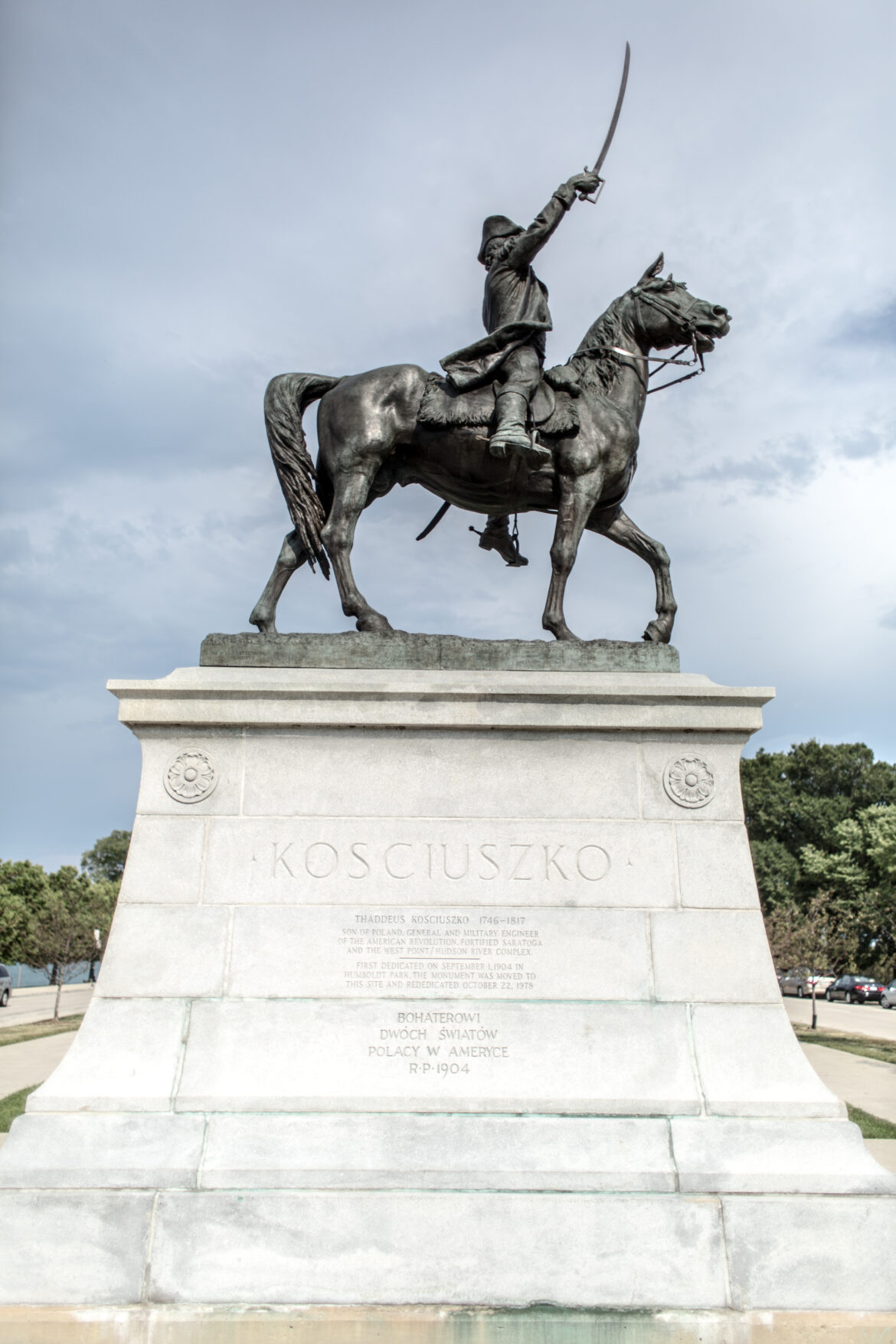He is considered a national hero in both Poland and the United States. Thaddeus Kosciuszko was remarkable for his liberal views of the time, especially regarding slavery. His commitment to this cause was exceptional, especially in terms of the historical realities of the time.
Upon his arrival in the US in 1776, shortly after the proclamation of the Declaration of Independence, Kosciuszko gained recognition for his engineering talents. His contributions to fortification work, including the construction of West Point, were crucial to victories in the American War of Independence. For his services, he was promoted to brigadier general in the US Army in 1783, as well as receiving significant land and financial endowments. He was in this country a second time between 1797 and 1798.
Kościuszko did not support slavery, which was rare in his time. On 5 May 1798, addressing a letter to his friend Thomas Jefferson, later President of the United States, he wrote: “Mr Jefferson, I beg you, in the event of my death, to expend my money for the purpose of freeing as many black persons as could be provided with an education and a decent life.”
In his will, he stipulated that a portion of his estate would be used to redeem and educate slaves, including those owned by Thomas Jefferson. This reflected Kosciuszko’s belief that words should be followed by action. He stressed that freedmen should receive an education, something without which their independence was out of the question. They were also to be given land (100 acres) and the proper tools to farm it.
Unfortunately, Jefferson, despite describing Kosciuszko as “the purest son of liberty”, did not carry out his Polish friend’s wishes. His hesitation and fear of the consequences of such a bold step meant that Kosciuszko’s will remained unexecuted. Kosciuszko understood the issue of slavery broadly, so he abolished the serfdom of peasants working on his estate in the Polish-Lithuanian Commonwealth (now the territory of Belarus) and recognised them as free citizens. He also engaged with other communities: Indians, Jews, and women.
The pioneering liberalism of the Polish-American hero is evidenced by the fact that it was not until 1 January 1863 that the ‘Emancipation Proclamation’ issued by President Abraham Lincoln to abolish slavery in the USA became effective, although it was initially only in force in the Confederate States of America.





